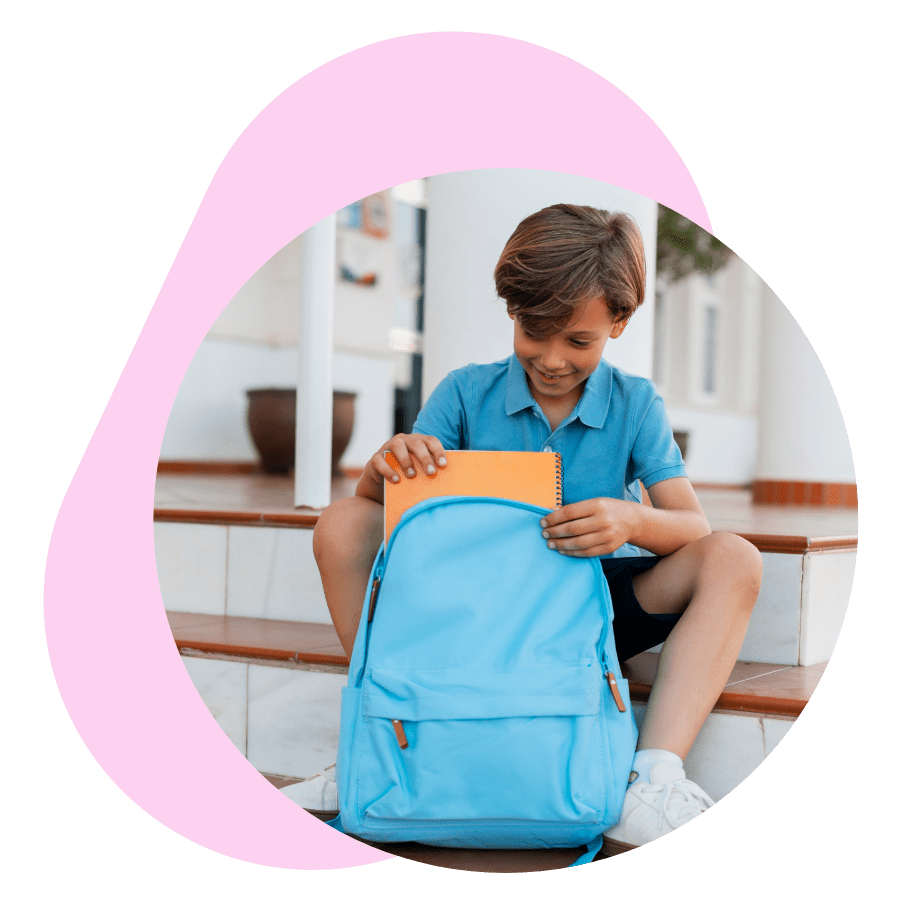1- Topic Vocabulary (Job)
The first job can be difficult at first. Several people comment about having experienced anxiety, being afraid of making mistakes, feeling out of their environment. Adapting to new routines, a new environment, unfamiliar people, and completing assigned tasks on time can be very stressful. However, human minds and bodies are designed to adapt to changes, even if it takes us a while to achieve. Working will become a new routine and internal conflicts will disappear to make way for learning and setting new goals.

1.1- What is the difference between job and work?

Job (countable noun) = It is referred to a specific type of job.
- I am looking for a job in tourism.
- My job is teaching English.
Work (uncountable noun or verb) = It is used to talk about work in general or the action of doing a physical or intellectual activity.
Uncountable noun
- He was congratulated for his work.
- I meet my friends after work.
Verb
- I work from Monday to Friday.
- She works in a Hospital.

Job is a countable noun. It means that this noun can also be used in the plural.
- Nowadays several jobs can be done remotely.
Work is an uncountable noun. It means that it can never be used in the plural. For example, works.
Also, you don’t mix up with the third person singular of the verb “work” where a letter “s” is added by grammatical rule at the end of the word.
- I have breakfast before going to work. → Uncountable noun.
- She works as a journalist. → Third person singular of the verb “work”.
1.2- Let’s check vocabulary

Applicant (n)
Person who is applying for a job.
E. g. the applicant waits to be called.

Boss (n)
Person who is in charge of a team of workers in a company.
E.g. The new boss is young.

Hired (adj)
A person who got a job.
E.g. Today I have been hired.

Fired (adj)
To dismiss from a job. A person who loses her/his job.
E. g. She was fired yesterday.

Resignation (n)
When a person tells their employer to quit that job.
E.g. She gave her letter of resignation.

Retired (adj)
A person who stops working permanently, usually due to age.
E. g. My granddad is retired.
1.3- Article:
What are 21st Century Skills?
1. They are a set of skills that students need to develop in order to subsequently be successful in the labor field. These new skills are searched by company recruiters, who ask applicants to carry out various tests only to observe who stands out and presents more of these skills that will be very useful for the company.
2. The rapid changes in the world require new workers to be flexible, take the initiative, and be able to develop something new and creative. It is also required employees who can solve problems, get along with their colleagues, who work collaboratively in teams, as well as who can properly handle communication and information technology tools.
3. Schools will need to adapt and provide to their students not only the knowledge but also the skills most in demand for both universities and employers. It is not enough for students to have good academic performance. They should also demonstrated that they are able to work as a team, develop critical and analytical thinking, show initiative and creativity. It is the job of schools and teachers to prepare them for such a changing and globalized world.

|
Key words Skill = ability or talent. |
Keep in mind Pay attention to key words. |
|
21st Century Skills |
||
|
Learning Skills (called 4C) |
Literacy Skills |
Life Skills |
|
Critical thinking |
Information |
Flexibility |
|
Creativity |
Media |
Leadership |
|
Collaboration |
Technology |
Initiative |
|
Communication |
|
Productivity |
|
|
|
Social |
Think critically
In relation to the article: What are 21st Century Skills?
- What does the idiom "think outside the box" mean?
- What could be a life skill?

